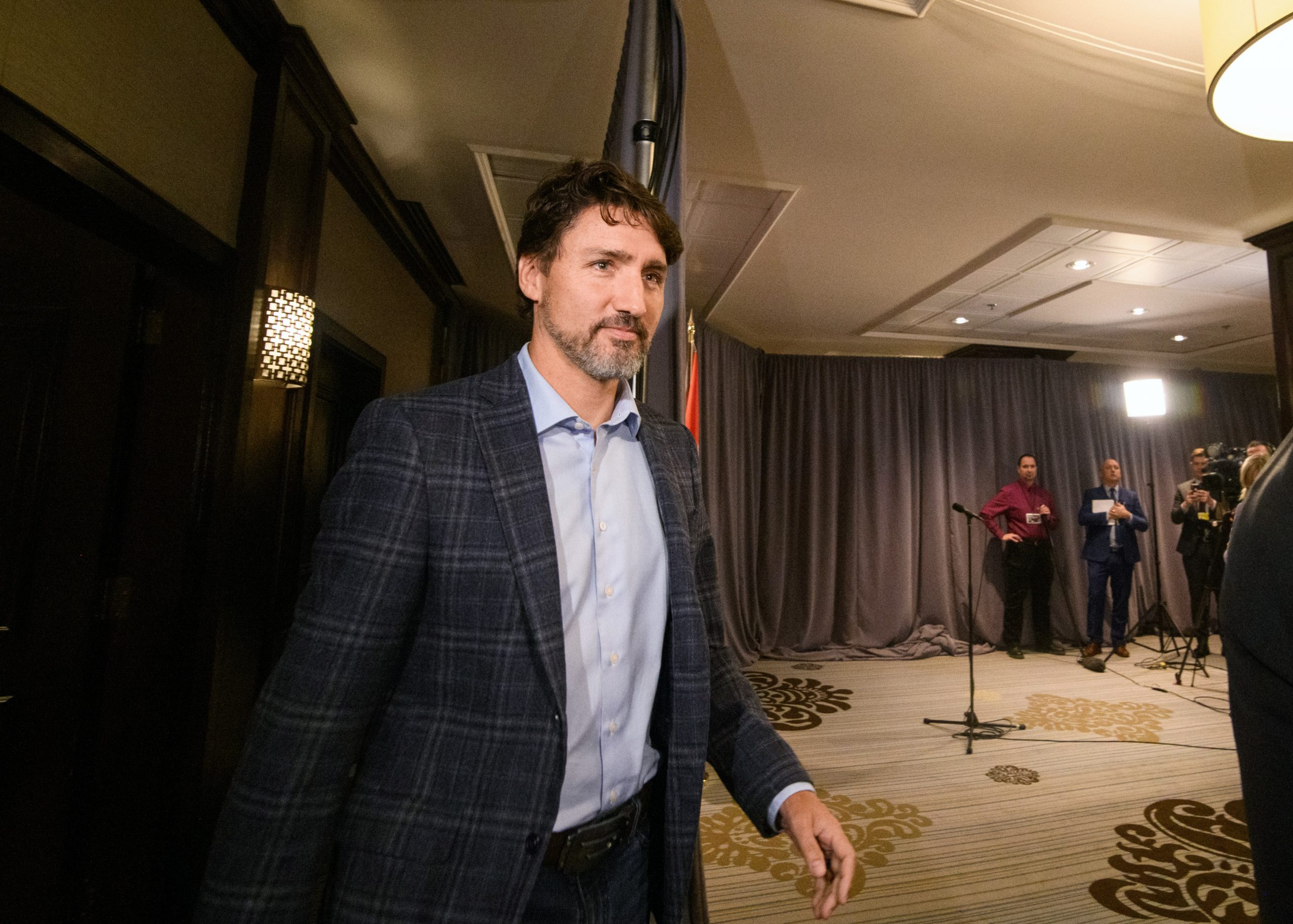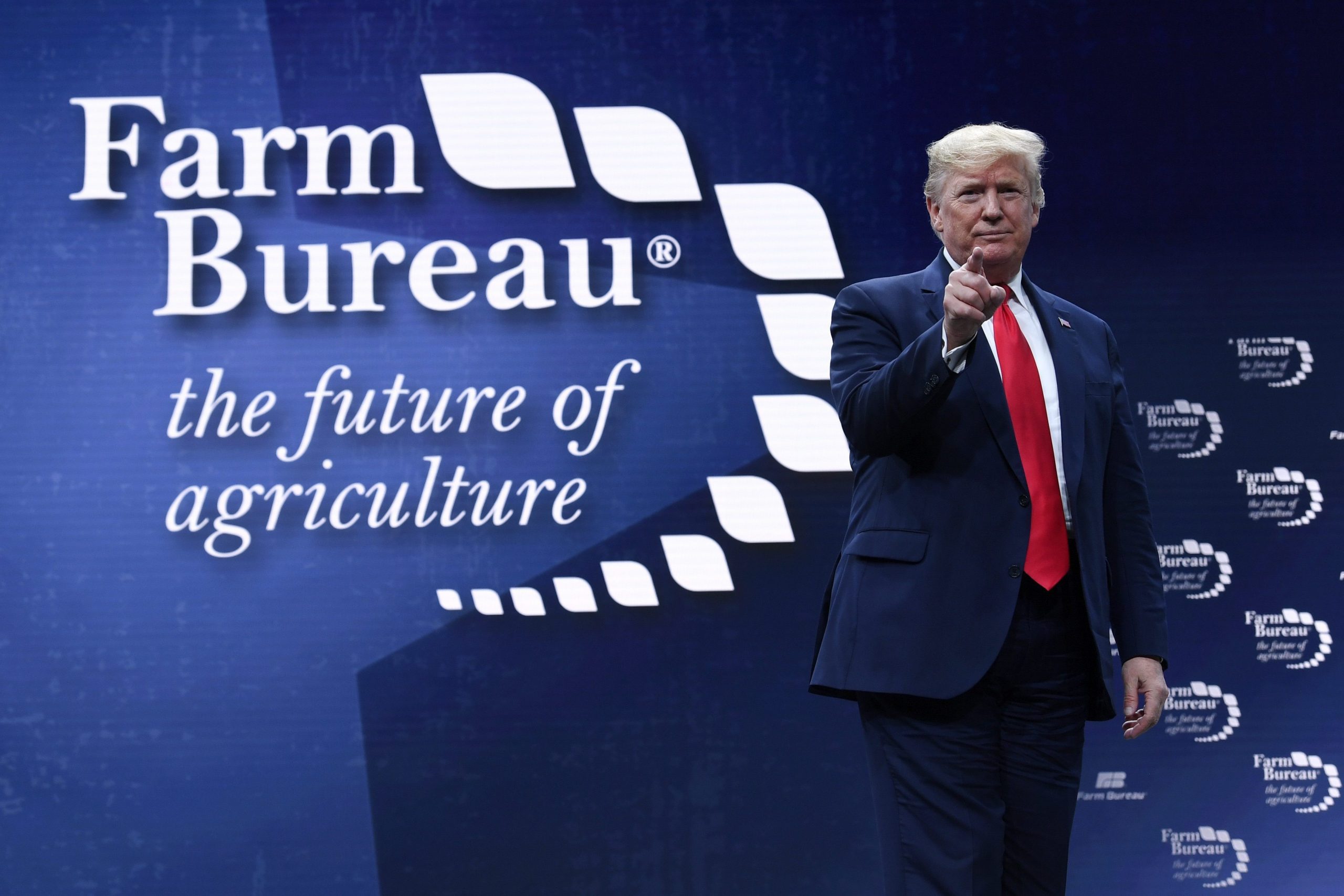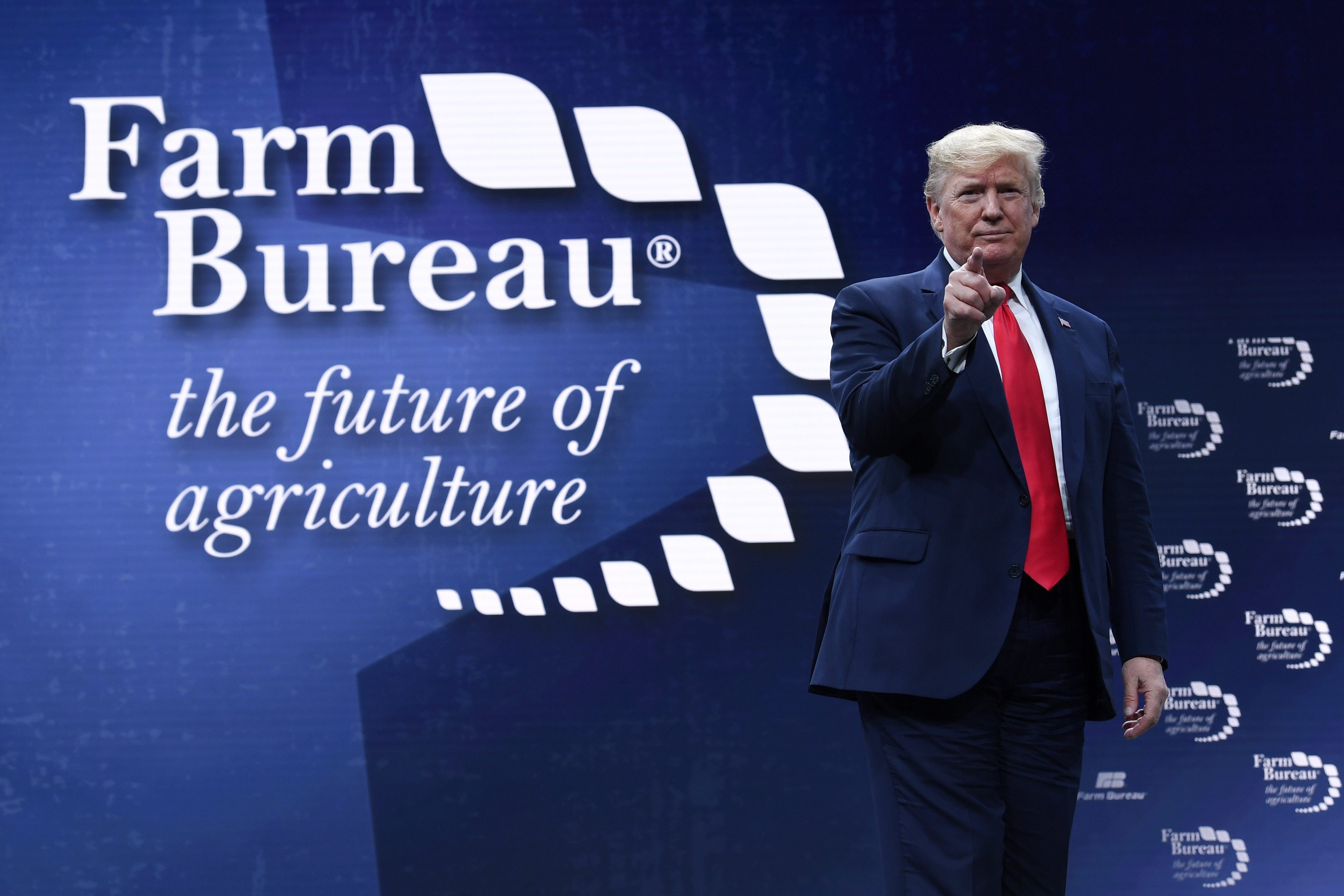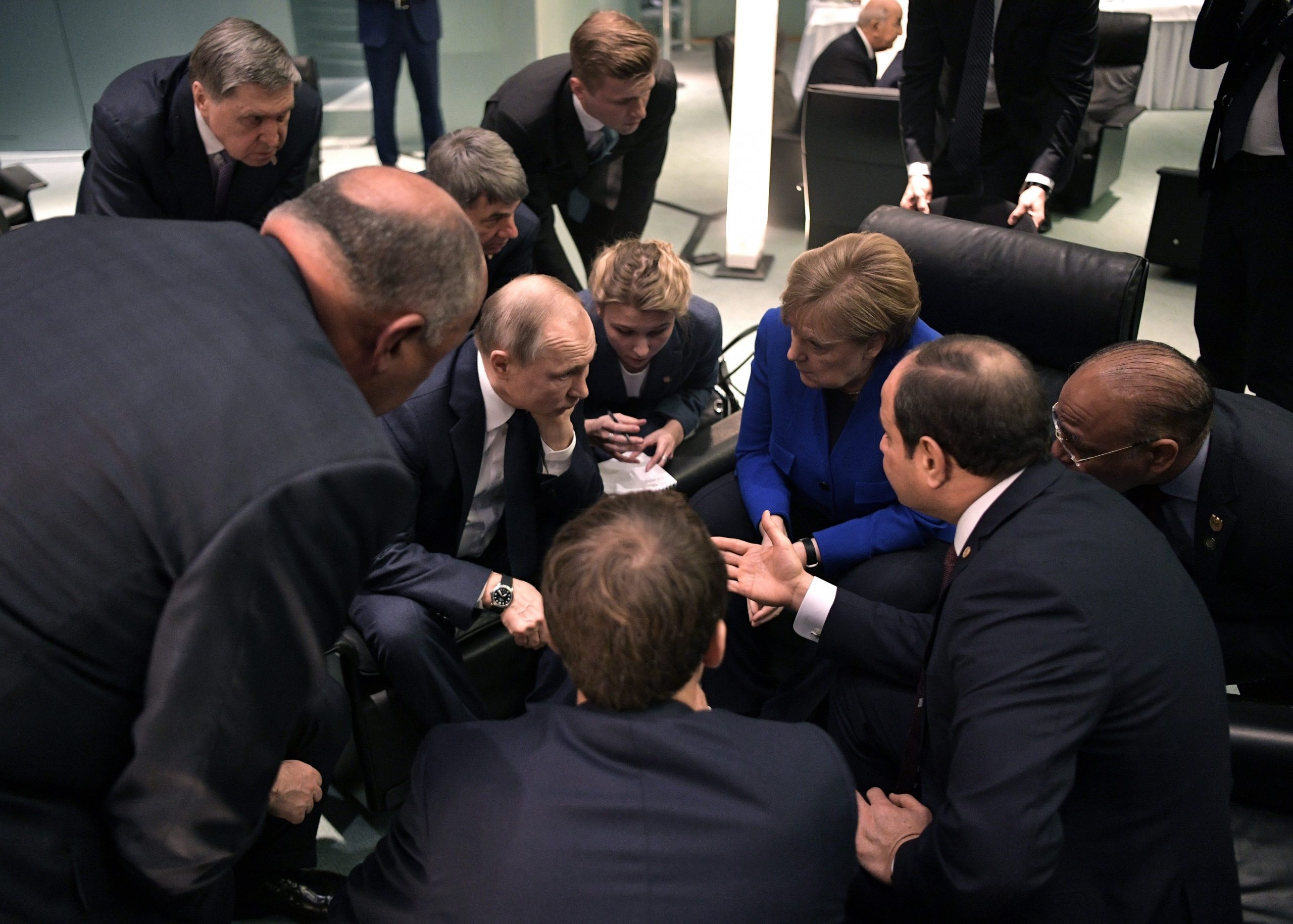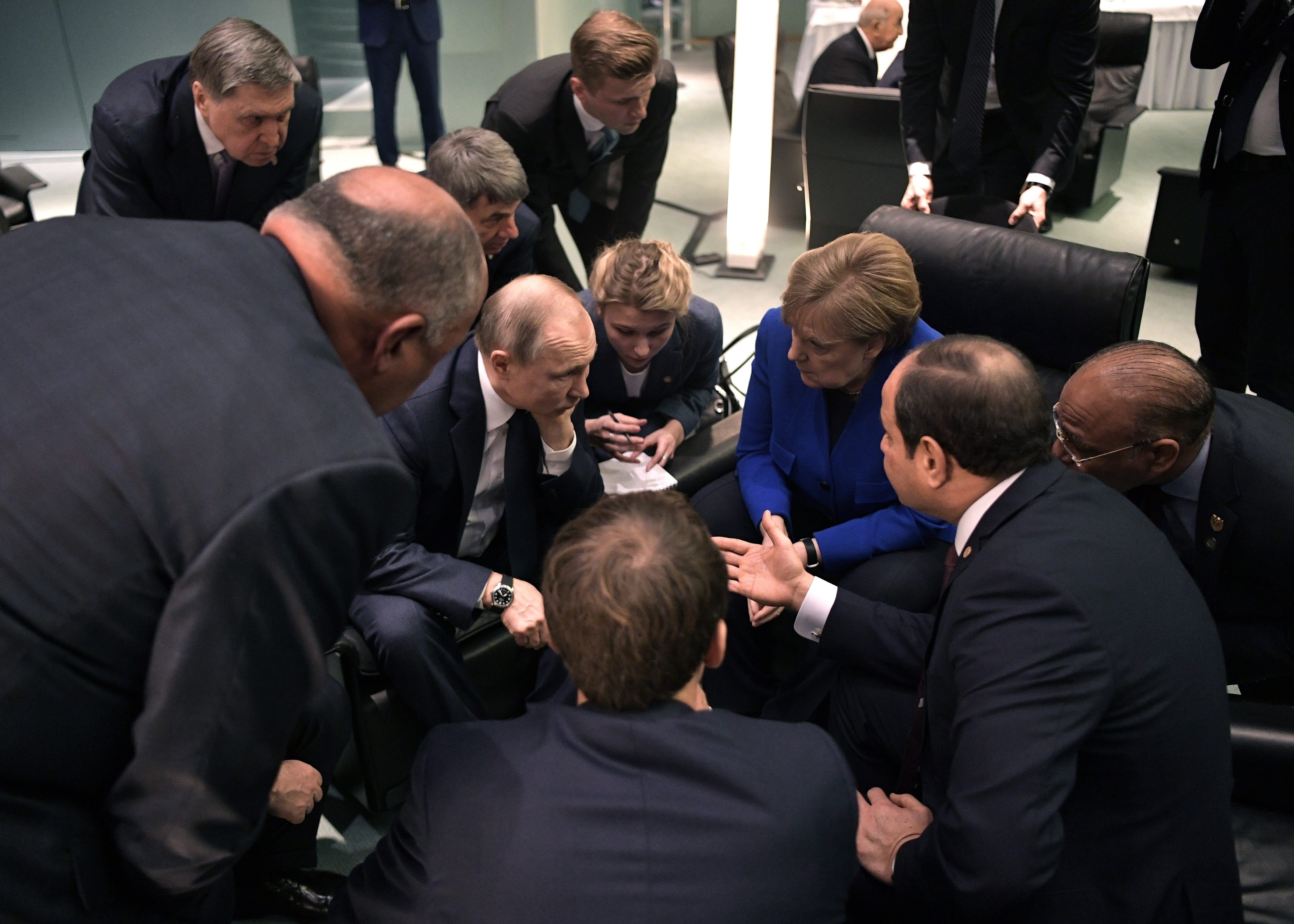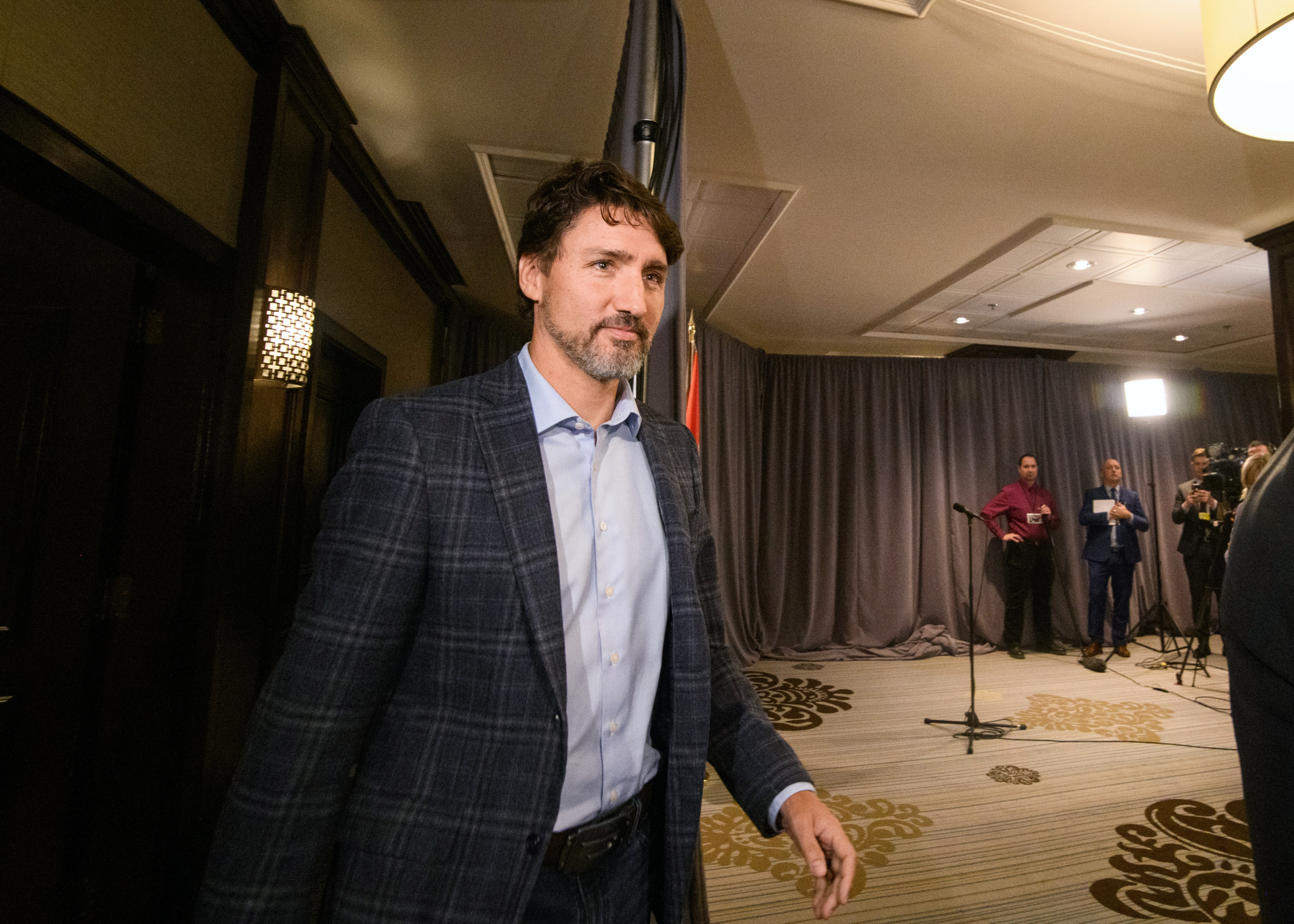
WINNIPEG — Prime Minister Justin Trudeau and his cabinet ministers are trying to concentrate on the Liberal government’s domestic agenda and how to see it to fruition in a minority Parliament — but unforeseen emergencies continue to demand their urgent attention.
The monster storm that buried eastern regions of Newfoundland and Labrador in snow and the trauma over the downing of a Ukrainian passenger jet dominated questions put to ministers as they came and went Sunday from the opening day of a three-day cabinet retreat.
But even as those events continued to dominate outside the retreat, inside ministers were focused on a more mundane matter: preparing for the Jan. 27 resumption of Parliament for its first extended sitting since the Oct. 21 election reduced the Liberals to a minority.
Finance Minister Bill Morneau and newly appointed Middle Class Prosperity Minister Mona Fortier updated their colleagues on the cross-country consultations they’ve been conducting in advance of the coming budget.
“This morning we had an opportunity to talk about our economy, to reflect on how well middle-class Canadians have done over the last four years but also to think about the things that we still need to do,” Morneau said.
“It was an important start to our day.”
But Foreign Affairs Minister Francois-Philippe Champagne began his day even before the early-morning start to the cabinet retreat, sending a missive to his Iranian counterpart stressing that Canada expects the flight data recorders from Ukrainian airlines flight PS752 to be analysed by experts in Ukraine or France.
His missive came amid signs that Iran — which has admitted it accidentally shot down the passenger jet, killing all 176 aboard, including 57 Canadians — may be backing off an earlier commitment to share the damaged black boxes with outside experts.
The airliner was shot down on Jan. 8 and the tragedy has preoccupied the government ever since. Trudeau, who had intended to adopt a lower profile during his second mandate, has held four news conferences on the matter, met with the families of victims and attended memorials.
Trudeau offered no comment Sunday as he came and went from the retreat.
Late in the day, various diplomats from around the globe gave ministers a rundown on the international scene.
They included Dominic Barton, Canada’s ambassador to China, where two Canadians have been arbitrarily imprisoned for more than a year in apparent retaliation for Canada’s arrest of Huawei executive Meng Wanzhou at the behest of the U.S.
Asked to summarize the picture of the global situation painted by the diplomats, Champagne said: “It’s a complex world. It’s a world which is less predictable. It’s certainly not the world of our parents.”
That unpredictability isn’t confined to the international stage.
Three other ministers — Public Safety Minister Bill Blair, Defence Minister Harjit Sajjan and Natural Resources Minister Seamus O’Regan — spent at least part of the retreat dealing with the federal response to the storm that ravaged Newfoundland and Labrador on Friday and Saturday.
“We’re making sure that there is good, close co-ordination to make sure that they get the resources that they need,” Public Safety Minister Bill Blair said shortly after the trio of ministers got off the phone with the province’s premier, Dwight Ball.
Sajjan said 150 to 200 troops would be on the ground in the province by the end of the day, with up to 150 more ready to go if needed.
Climate scientist Katharine Hayhoe, one of about a dozen experts asked to speak to ministers Sunday on a variety of topics, later said the storm is an example of how the warming climate is making extreme weather events worse.
Ministers also heard from economists about the state of the economy and the government’s efforts to bolster the middle class.
Morneau declined later to go into detail about how budget preparations in a minority Parliament differ from those made during the Liberals’ first majority mandate. He acknowledged only that consultations with opposition parties — at least one of which will have to support the budget if the government is to survive — will be “more robust this year.”
Cabinet retreats outside Ottawa are part of Trudeau’s approach to regional outreach, with Winnipeg chosen for this particular outing in a bid to recognize that the Liberals were trounced on the Prairies in the Oct. 21 election — primarily because of environmental policies deemed hostile to the energy industry.
They were shut out of Alberta and Saskatchewan entirely and lost three of seven seats in Manitoba.
Environment Minister Jonathan Wilkinson repeated that he’s open to suggestions for improvement to the Liberals’ climate change policies. But he made it clear there’s little chance that will involve any change to the imposition of a national carbon tax, noting that two-thirds of Canadians voted for parties that support that approach to climate policy.
On the flip side, ministers also got an update on construction of the Trans Mountain pipeline expansion, which is intended to carry diluted bitumen from Alberta’s oil sands to the B.C. coast for export overseas.
Construction has begun and Ian Anderson, CEO of Trans Mountain Corp., said the project is estimated to be completed by mid to late 2022.
O’Regan said he hopes that will help “change the temperature” in the Prairies, particularly in Alberta where alienation and talk of separation have been running high since the election.
This report by The Canadian Press was first published Jan. 19, 2020.
Joan Bryden, The Canadian Press
The post Trudeau cabinet tries to focus on domestic agenda amid unforeseen emergencies appeared first on Canadian Business – Your Source For Business News.

